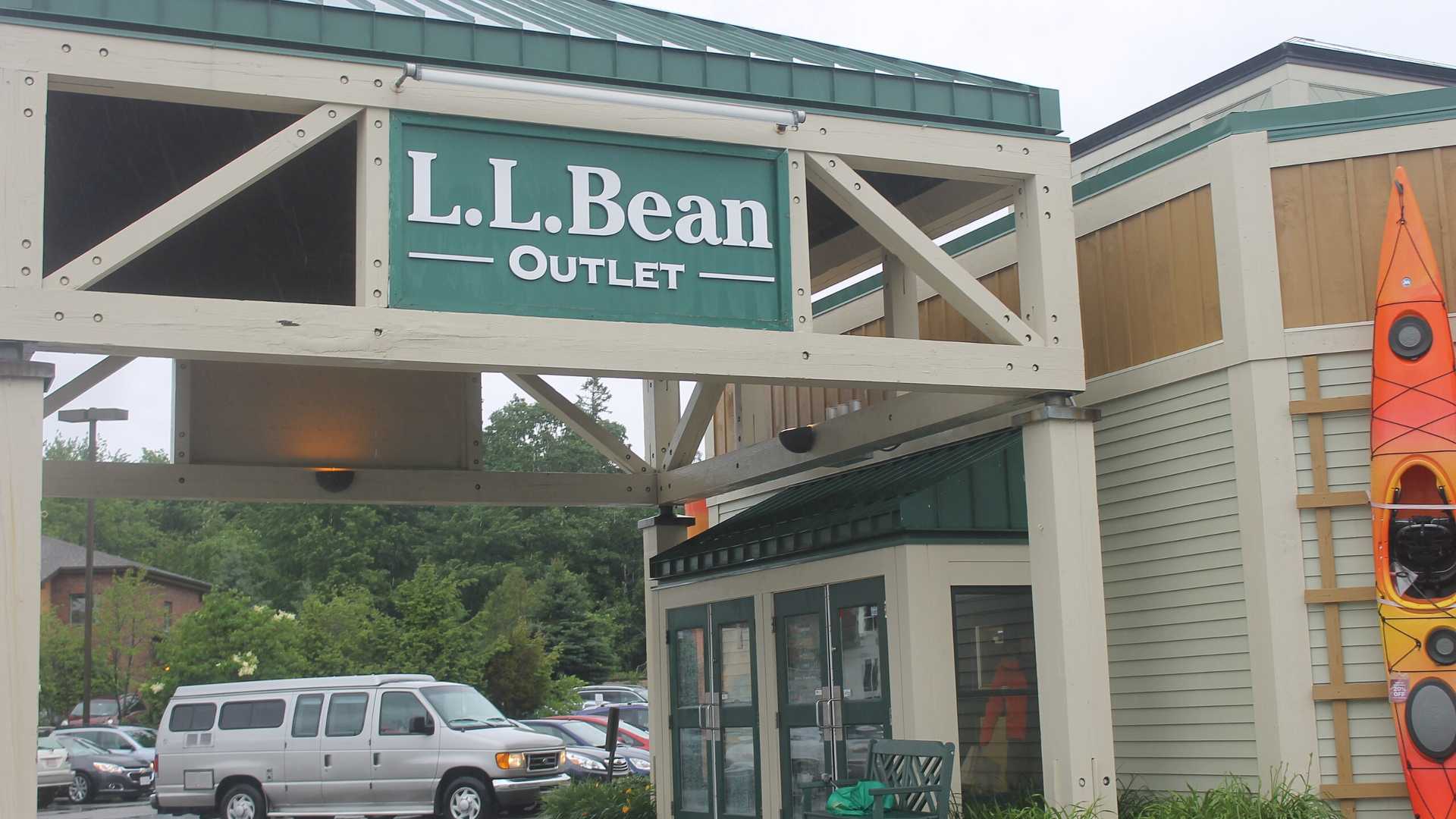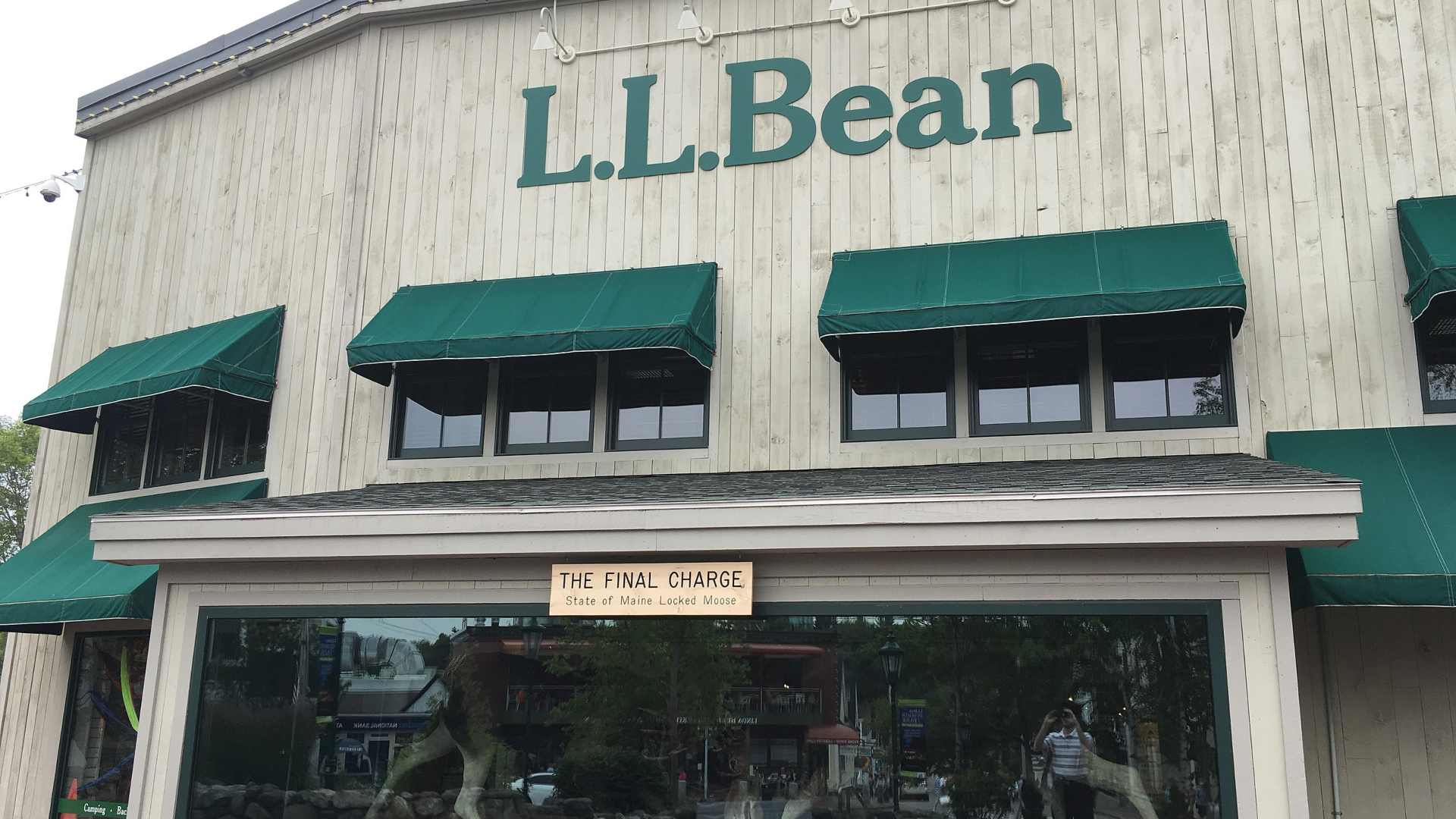L.L. Bean, a Maine-based outwear clothing and equipment company, has announced a reduction in its call center hours, citing changing customer attitudes that now increasingly prefer self-service and shopping online.
Starting on July 15, the company will reduce its call center hours by four hours daily, with the new hours being 8 am to 8 pm.
Reduction in Work Force

USA Today reports that L.L. Bean’s reduction in hours for its call centers will coincide with a reduction in its workforce. However, the company has not announced how many layoffs there will be.
L.L Bean has more than 500 employees who work in its call centers and has said that a “large majority” will not be affected.
Contact Options

Although it will be harder to connect to the company during some times of the day than before, the company still offers ways to reach employees through online chat and email.
Previously, the company had call center hours from 7 am to 11 pm. L.L. Bean asserts that 90% of its customer calls occurred between the hours of 8 am and 8 pm, hence the change.
Customer Contacts Declining

L.L Bean said in a statement that it chose to reduce its call center hours in response to customer trends it had been observing.
“As more of our customers choose self-service and shop through our digital and retail channels, customer contacts have declined over the last four years,” the company said.
Adapting to Changing Customers

Retail customers are now increasingly shopping online, a trend gained steam during the COVID-19 pandemic lockdowns. Many shoppers found they preferred the convenience and security of shopping online even after stores reopened without restrictions.
“Simply put, L.L. Bean customers shop differently today than in the past and we must adapt,” the company said.
Not a Reaction

In their statement, L.L. Bean makes clear that this decision is not being made as a response to current business conditions in the industry.
“These changes are not a reaction to current business conditions or part of a larger workforce reduction, but rather a strategic response to long-term customer trends,” said L.L Bean.
Number of Layoffs

Jason Sulham, spokesman for L.L Bean, told USA Today that since the announcement just happened they aren’t sure exactly how many workers will be affected.
“We don’t have an exact number yet as we are working to manage through severance-eligible voluntary departures and retirements with company benefits,” Sulham said. “This was just announced internally at the end of last week so it will be some time before we feel confident in providing numbers.”
Maine Department of Labor

Jessica Picard, spokesperson for the Maine Department of Labor, has said its rapid response team has been in contact with L.L Bean to provide support for any affected employees.
“Any workers statewide who are impacted by a layoff should reach out to their local CareerCenter, which can help connect them to reemployment services, training, and other information,” Picard said.
Remote Employees Affected

Spokesperson Sulham said that the majority of L.L Bean’s call center employees now work remotely. These employees perform their call center roles outside the company’s headquarters in Maine.
Call center workers moving to remote positions instead of physical centers has been another consequence of the COVID-19 pandemic in the American economy. Many employers enjoy the reduced operating costs of hiring remote workers.
Past L.L Bean Call Center Closures

In 2020, Mainebiz reported that the company closed several call centers in Bangor, Oxford, and Waterville, which were all located in the state of Maine. The Portland Press Herald reported that the company would close a call center in Lewiston, Maine in 2021.
At the time, L.L Bean said “We are going through the process of reorganizing certain areas of the company, and unfortunately that includes an employee count reduction…we must continually adapt and invest so we can meet the needs of our evolving customers and position L.L. Bean for long-term growth.”
Store Closures

When asked whether L.L Bean would be closing any stores this year, Sulham declined to answer but brought up plans to expand into new stores.
“We are actually planning on opening four stores this year and continue to invest in retail expansion, bringing the unique L.L. Bean in-person shopping experience to more of our customers,” Sulham said.
Customer’s Changing Their Ways

A digital shopping report released in February found that now 1 in 5 US consumers shop in-store the same way they do when shopping online, spurred on by habits developed from this online shopping.
Customers increasingly demand price-matching features and appreciate a seamless transition between online and in-store experiences. As demand for digital shopping changes consumer attitudes, retailers have to be ready to adapt to meet the consequences of this emerging consumer preference.
